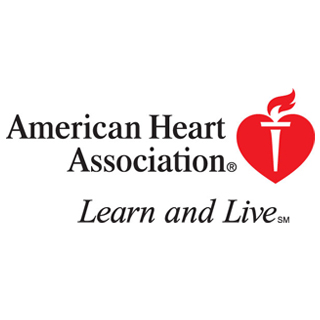
The study encompassed 40 male and female Caucasian stroke survivors. While half the participants were subjected to routine exercise therapy, others received the FAmily Mediated Exercise intervention (FAME) along with routine therapy. The routine exercise therapy group was formed by 7 men and 13 women with an average age of 70 years. The FAME group on the other hand, included 13 men and 7 women in an average age of 63 years. Stroke patients were helped by family members to perform exercises in 35-minute increments seven days per week for eight weeks to improve leg function.
Apart from being extremely simple, all exercises could be done at the bedside, either within the hospital or home. Scientists tailored all the exercises to each individual and modified weekly for examining improvement. The results were registered after the treatment period and at three-month follow-up. Family members of the volunteer were also made to undergo brief training sessions on a weekly basis. While the length of hospital stays in the family exercise group was an average of 35 days, in the routine exercise group probably was 40 days.
Emma Stokes, Ph.D., the study’s principal investigator and Senior Lecturer in Physiotherapy at Trinity College Dublin in Ireland and colleagues observed statistically significant differences between FAME patients and routine care patients in eight measures of impairment and activity. During the six-minute walk test, the routine group allegedly walked about 47 meters more after receiving therapy. And the FAME group presumably walked about 164 meters more that the baseline. In fact, at follow-up the FAME group survivors also reported more integration into their community. Also the family members who participated in the exercise therapy seemingly experienced health benefits.
The study is published in the March print issue of Stroke: Journal of the American Heart Association.
